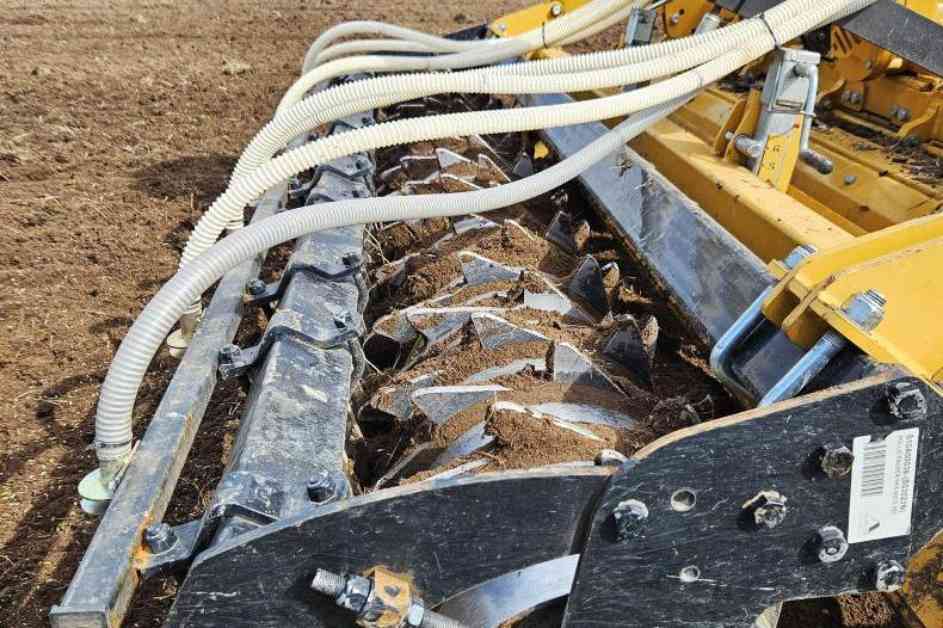Reseeding strategies are crucial for boosting productivity on farms, especially after a challenging year like the one we’ve had in Ireland. The benefits of reseeding, such as increased grass growth, better grass utilization, and improved animal performance on reseeded paddocks, are truly significant. Farmers may hesitate due to the costs involved, but the return on investment, especially for more intensive farms, makes it a worthwhile investment.
Incorporating clover and multispecies seed mixtures into reseeding programs has become a common practice in farming in recent years. While research on multispecies is still catching up to on-farm practices, we are starting to see the positive results. For example, Grace Hoare’s roundup of trial results from the Teagasc research center in the border, midlands, and west region at Ballyhaise showcases the impressive results of clover on pages 50 and 51.
Additionally, the first phase of the multispecies trial at Johnstown Castle on dairy and beef cattle revealed a mixed bag of results. While multispecies swards showed clear gains in the first grazing season for beef cattle, there was little improvement over grass/clover throughout the animal’s life. On the dairy side, interpreting the results was challenging due to varying nitrogen rates between the grass/clover and multispecies swards. However, upcoming experiments with consistent nitrogen rates should provide a clearer understanding of the benefits.
Farmers continue to face challenges with finding suitable sprays for newly sown grass and clover swards. Details on emergency use for unregistered chemistry can be found on page 55, providing valuable information for farmers navigating these challenges.
Overall, reseeding remains a key strategy for improving productivity on farms, with the potential for significant gains in grass growth, animal performance, and overall farm profitability. By incorporating clover and multispecies seed mixtures and staying informed on the latest research findings, farmers can make informed decisions to optimize their reseeding programs and drive long-term success on their farms.












